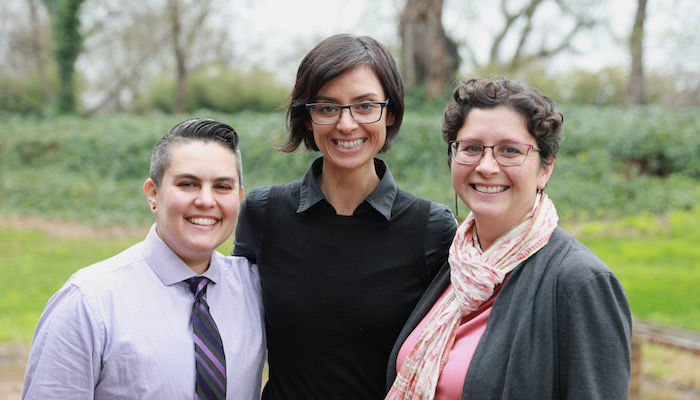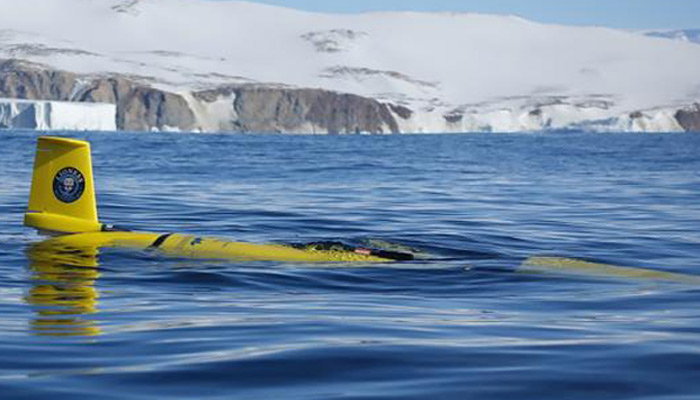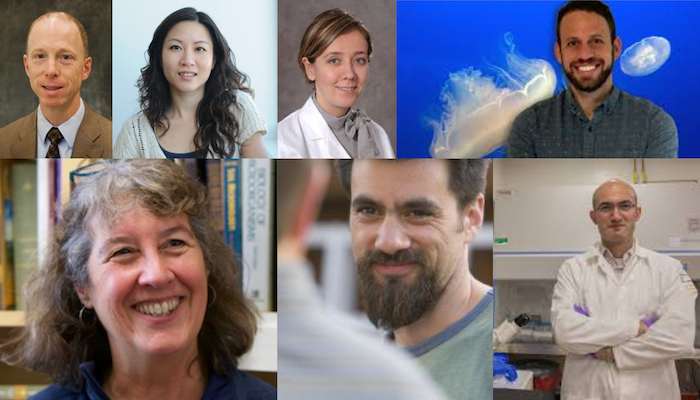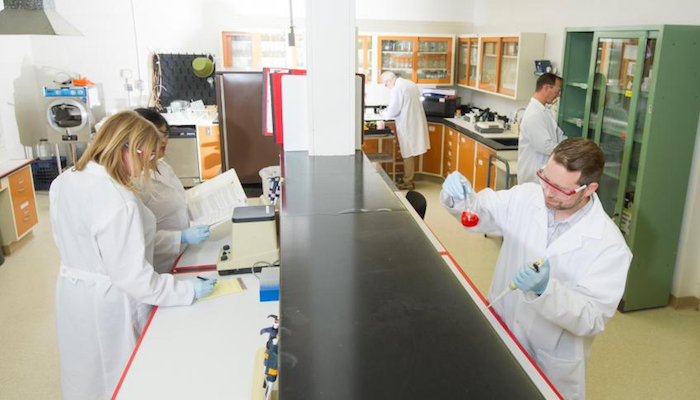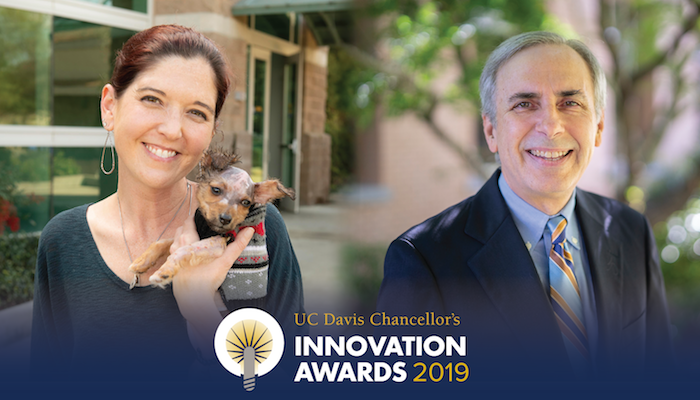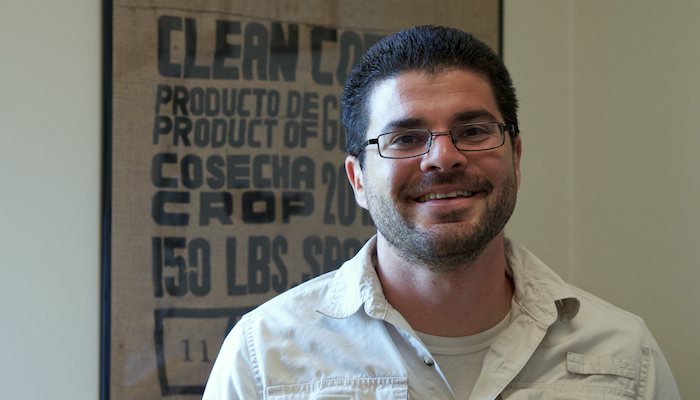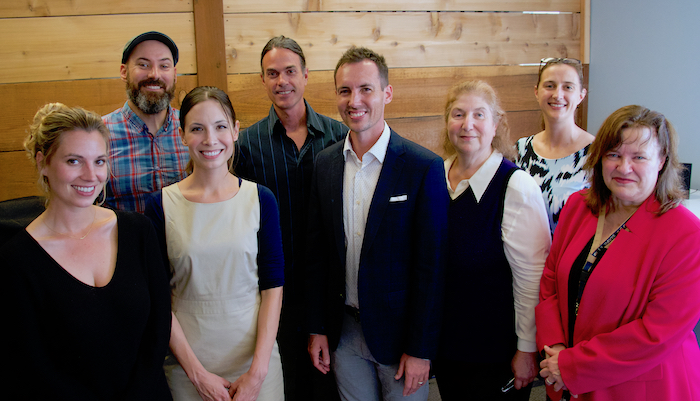New Project Focuses on Cultural Inclusivity, Retention in Graduate STEM Training
By Lisa Howard
The Feminist Research Institute (FRI) and the Department of Gender, Sexuality and Women’s Studies (GSW) held a one-day workshop at UC Davis on February 4, kicking off the first phase of a three-year project to help graduate students look at their research within broader cultural and societal contexts as well as increase the recruitment and retention of women and under-represented minorities in the STEM fields. The project is being supported by a $500,000 National Science Foundation Innovations in Graduate Education award.
Sara Giordano, assistant professor in GSW, Sarah McCullough, associate director of FRI, and Kalindi Vora, director of FRI, are the principal investigators for the award.
During Giordano’s presentation they explained that feminist research is not simply — or only — research about women. “Feminist research is a way of understanding how the world operates, how power relations are formed and how we know things,” Giordano said. Instead of seeing science as existing completely separate from culture, “It’s about recognizing the role of culture on science.”
“This project, for me, is coming out of a history of working between humanistic theories that come from radical politics and STEM fields, bringing marginalized world views into the academy,” said Vora.
Speakers for the workshop included Jenny Reardon of UC Santa Cruz, and Banu Subramaniam of University of Massachusetts Amherst, both of whom have received NSF grants to integrate feminist training into STEM education at their institutions.
Examples of feminist research questions include: what is the historical context? What are the underlying assumptions? Who is impacted by research questions? How do lab cultures influence scientific results?
The workshop also focused on the recruitment and retention of women, under-represented minorities and first generation students in STEM.
Faculty and staff from numerous departments within the UC Davis Colleges of Engineering, Letters and Science, Biological Sciences, Agricultural and Environmental Studies, and the School of Education, attended the workshop.
After a networking luncheon, participants broke into small groups to strategize how feminist research could support the success of STEM graduate students.
“Making a successful training program requires listening to both faculty and graduate students. While faculty bring their expertise, graduate students remind us of what the experience is like on the ground,” said McCullough, who is affiliated with the Science & Technology Studies program.
Participants expressed a strong desire to connect their research to shared values, explored how to integrate feminist science into different disciplines, and acknowledged the crucial role of mentorship and financial security.
After establishing the initial curriculum design in this first year, Giordano, McCullough, and Vora will study the impact of the curricular content on graduate student attitudes and outcomes in years two and three. The result will be a graduate training program for cultural inclusion in STEM fields that facilitates cross-disciplinary collaboration.
Students or faculty interested in learning more about how they can take part in this training can contact the Co-PIs at [email protected].
Resources
- Feminist Research Institute (FRI)
- FRI Receives NSF Grant for Innovating Cultural Inclusivity in Graduate STEM Training
Contact
- Sarah Rebolloso McCullough, PhD, Associate Director, Feminist Research Institute ([email protected]) 530-601-1149
Latest News & Events

